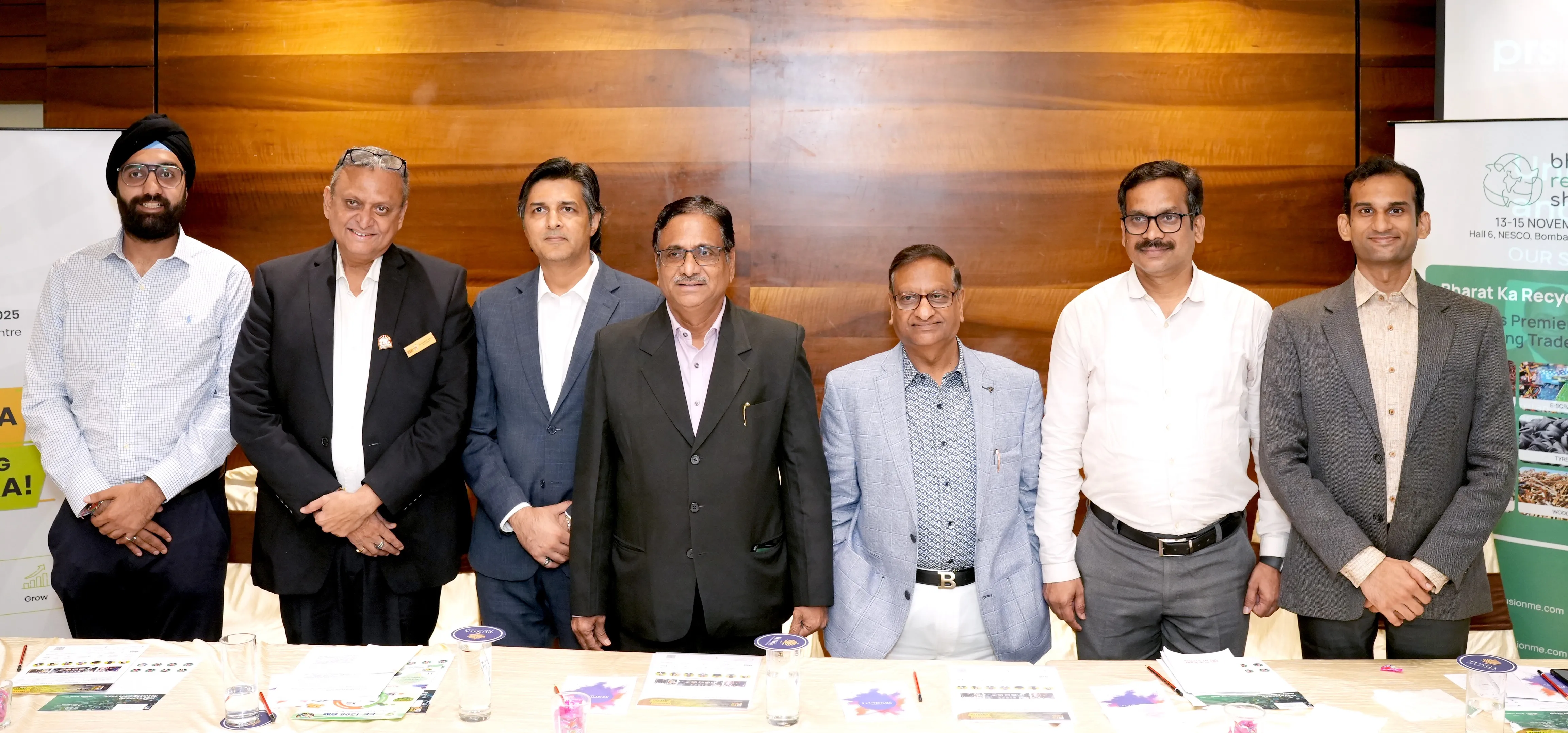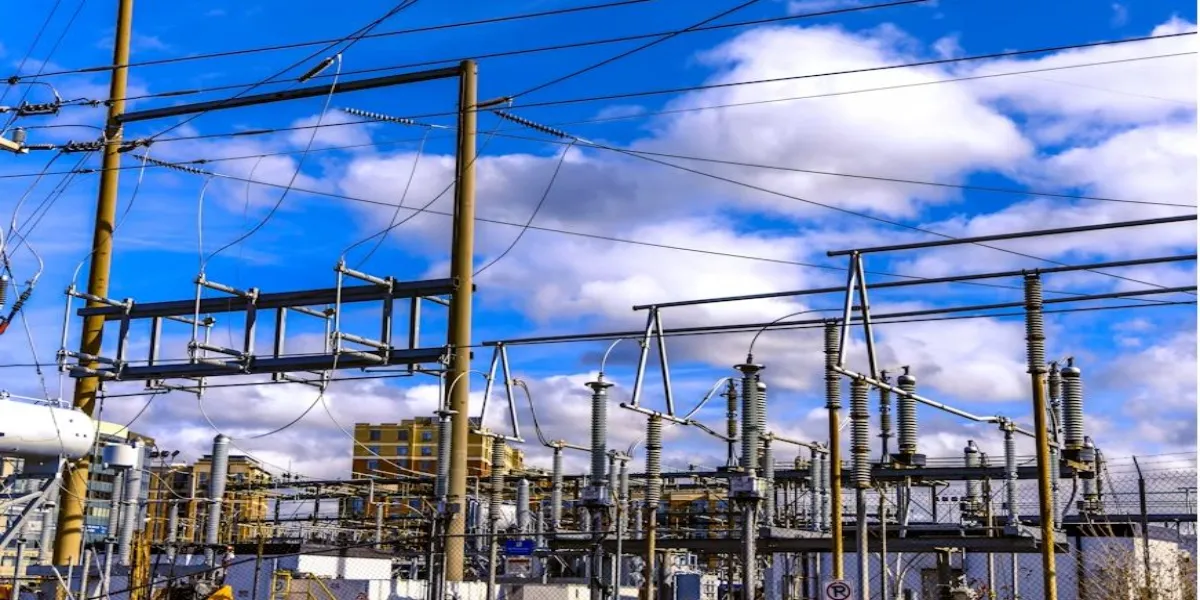
Vivo Ramps Up India Production with New Greater Noida Facility

Recycling Leaders Push for Policy Reforms in India
As India prepares for the largest recycling-focused event in its history, industry leaders are making a strong case for policy reforms to unlock the country’s circular economy potential. Ahead of the Bharat Recycling Show (BRS) 2025, co-located with Plastics Recycling Show (PRS) India, a high-level panel discussion in Mumbai spotlighted the urgent need for regulatory clarity, digital innovation, and integration of the informal sector.Held under the theme “Unlocking Circular Value: Regulatory and Market Trends in Recycling”, the panel brought together prominent voices from across the recy..

Environmental Hearing Set for 1000 MW Naying Hydro Project
The environmental public hearing for the 1,000 MW Naying hydroelectric project will take place on November 12 at Yapik community hall in Shi-Yomi district, Arunachal Pradesh, officials confirmed. The run-of-the-river project on the Siyom (Yomgo) river is being developed by the North Eastern Electric Power Corporation (NEEPCO). Construction, including a concrete dam, underground powerhouse, and tunnel, is expected to commence around 2028, with commissioning planned by 2032. The project aims to generate approximately 4,966.77 GWh of electricity. The Naying project received Central Electricity ..

India Achieves 490 MWh Energy Storage Capacity by June 2025
India’s cumulative energy storage capacity reached 490 MWh by June 2025, according to data released by the Central Electricity Authority (CEA). Of this, more than 85 per cent is associated with renewable energy projects, primarily solar and wind, reflecting the country’s accelerated shift towards grid stability and clean energy integration. The CEA report highlights that 16 energy storage systems are currently operational across 10 states, with major installations in Rajasthan, Gujarat, Karnataka, and Maharashtra. These include both standalone and co-located battery systems deployed by le..
















